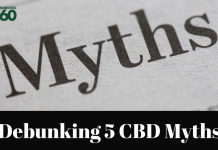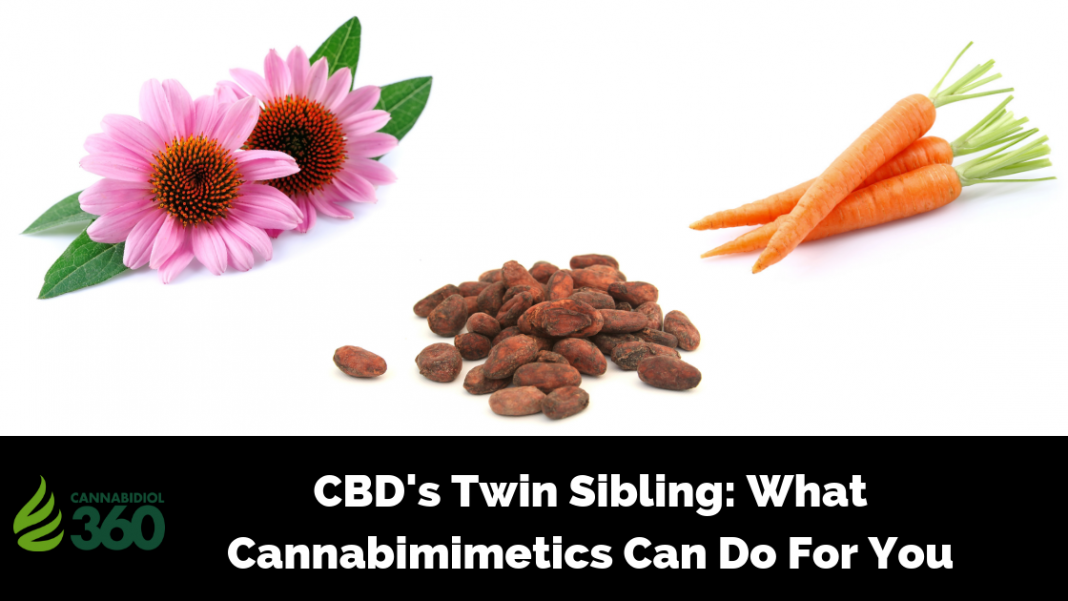
Cannabinoids are lipid-based molecules and there are three types. There is a type that is made by the body, those are endocannabinoids. There is the type derived from plants, those are phytocannabinoids. Then there is a type created in the lab, those are synthetic cannabinoids.
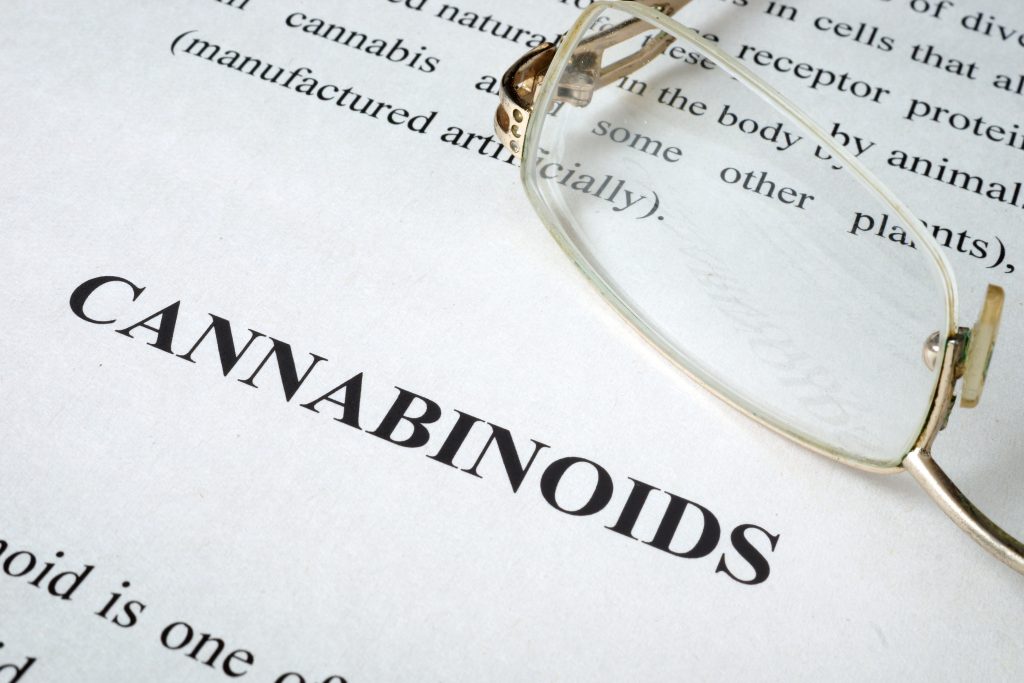
There is a sub-type called cannabimimetics, these are elements whose mechanism is similar to that of cannabinoids but whose structure differs from the classical cannabinoids. They affect the body through receptors just like the regular cannabinoids.
Most plants whose uses are similar to CBD contain these cannabimimetics. One of the members of the group is alkylamides.
Cannabinoids receptors are wide spread throughout the body. It is by curiosity of cannabis researchers that the endocannabinoid system was discovered. Before then it was assumed that it worked by non-specific pathways.
There are two receptors, type 1 and type 2. CB1 is found primarily in the brain, in the basal ganglia and limbic system. There is also a scattering of the receptors in the reproductive system, they are however absent in the medulla oblongata. This is the part of the brain responsible for respiratory and cardiovascular functions.
There are also cannabinoid type 1 receptors in the anterior eye and retina.
Cannabinoid type 2 receptors are more concentrated in the immune system. They are very densely present in the spleen and peripheral nervous system.
From this you can guess that immune responses like inflammation are regulated by the cannabinoid type 2 receptor. The same receptor is also a therapeutic pathway for most afflictions. You can also guess why compounds that bind to the type 1 receptor produce a bit of a psychotropic effect.
These cannabimimetics bind to either one or both of these receptors thus causing similar biological responses as do CBD and THC.
Non-Marijuana Plants
- Echinacea
Echinacea is a plant typically and often used to treat the cold and flu. It has also been used for eons to boost immunity. However, the mechanism was not understood until later. This plant provides alkyl amides, which help the body absorb nutrients.
A study at the University of Connecticut revealed that this cannabimimetic engages with the cannabinoid type 2 receptor. It was found that chances of catching a cold were reduced with the use of this. It was also found that in the event one does catch a cold, this plant would help reduce the number of days the cold prevails. The plant can be taken as a dietary supplement. It has also been infused into tea and been made into oral drops.
While boosting the immune system, this plant will go a long way in improving and stimulating the endocannabnoid system. Perhaps, ease action of cannabis cannabinoids.
- Electric Daisy
This is also called the toothache plant. Research at Cambridge University revealed that this plant has elements called N-Isobutyl amides, which are also cannabimimetics. They bind to the cannabinoid receptor type 2. The result is relief from inflammation and pain. It blocks pain receptors.
It was found that if exposed to heat, the compounds therein break down and are rendered useless. The leaves should therefore be added to salads. It has a unique flavor, on the other hand, the bud causes some adverse reactions and should be used with caution.
- Cacao
Chocolate! Not the stuff that has been manufactured with milk, no, the real dark chocolate. The milk deters action of the compounds contained therein. This plant produces a compound called anandamide or more simply, bliss pill.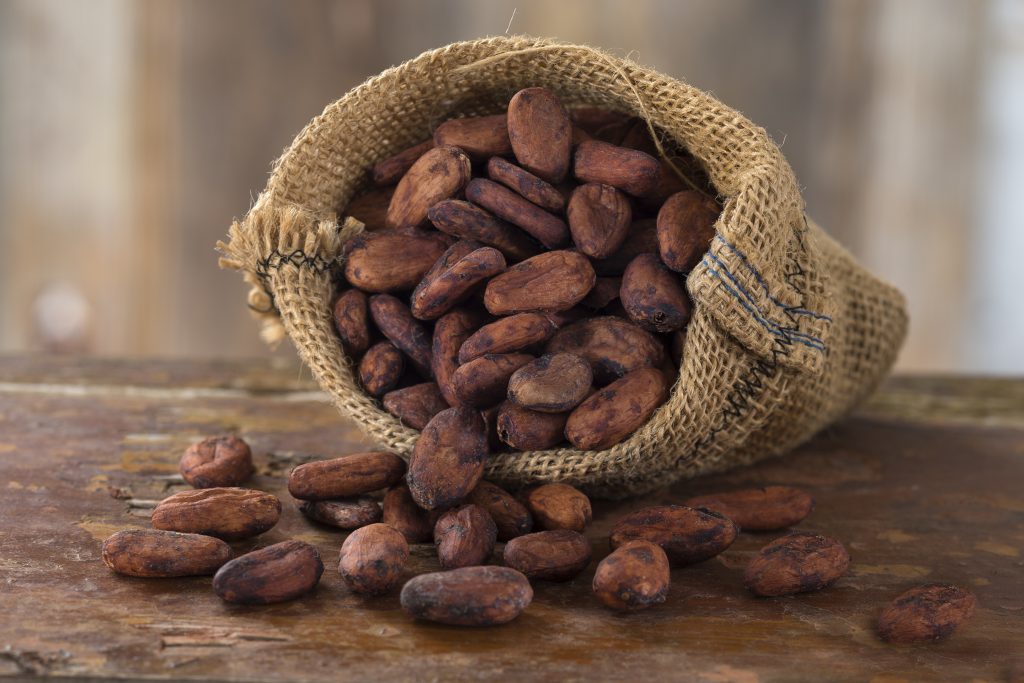
This compound is instrumental in the elevation of mood, improved memory, better appetite, abatement of pain and evasion of depression. There are two facets to this plant. First, it helps increase the body’s own anandamide level, then it inhibits anandamide metabolism.
This is action by which anandamide is broken down so the effects do not last long. With this plant, the feelings of bliss and joy last a little linger than they would have.
- Black pepper
Who would have thought seasoning could be more than just that? This plant has a terpene called beta-caryophyllene, this terpene affects the CB2 receptor. It is an anti-inflammatory and analgesic, it also helps with arthritis and osteoporosis.
Research recently found that black pepper could significantly increase the efficacy of cancer treatment besides being an antibiotic and antioxidant. This spice can be used in many recipes for sauces, salads and even meat marinating and cooking.
- Black truffles
Very expensive but quite worth it. It has been said that it is fun to both hunt and eat this rare gem. Italian researchers found that black truffles have the same bliss molecule anandamide as cacao and cannabis, the research was published in 2012.
It is great in salads, sauces, soups and even on butter. Do not cook this as the heat might deter the quality and potency of anandamide. Just wash it thoroughly and either grate or slice on to the preferred meal.
- Carrot
Damn those little delicious orange sticks. Carrots actually affect both receptors to produce different effects. The exact compound that does this is falcarinol. A study published in the Journal of Agricultural and Food Chemistry involved rats that were fed carrots for 18 weeks.
It was found that the likelihood of developing full-scale tumors reduced significantly after those eighteen weeks. This poses a quotation regarding the possibility of carrot helping with cancer. It is also an anti-inflammatory. By affecting the cannabinoid type 1 receptor, carrots are able to improve eyesight.
- Flax
There are two ways to use this plant, fabric and seeds. A 2012 study found cannabinoid-like anti-inflammatory compounds in flax. These compounds were astoundingly similar to CBD. It was also found that the industrial process by which flax fiber is developed into wound dressing does not affect the potency or content of the compound.
This opens up the field for a wound dressing that has its own healing powers in addition to the ointment applied. The flax seeds are great in smoothies, yoghurt, salads, and soups. They have a slight nutty flavor that pairs and balances nicely with the creamy taste of these items.
- Helichrysum
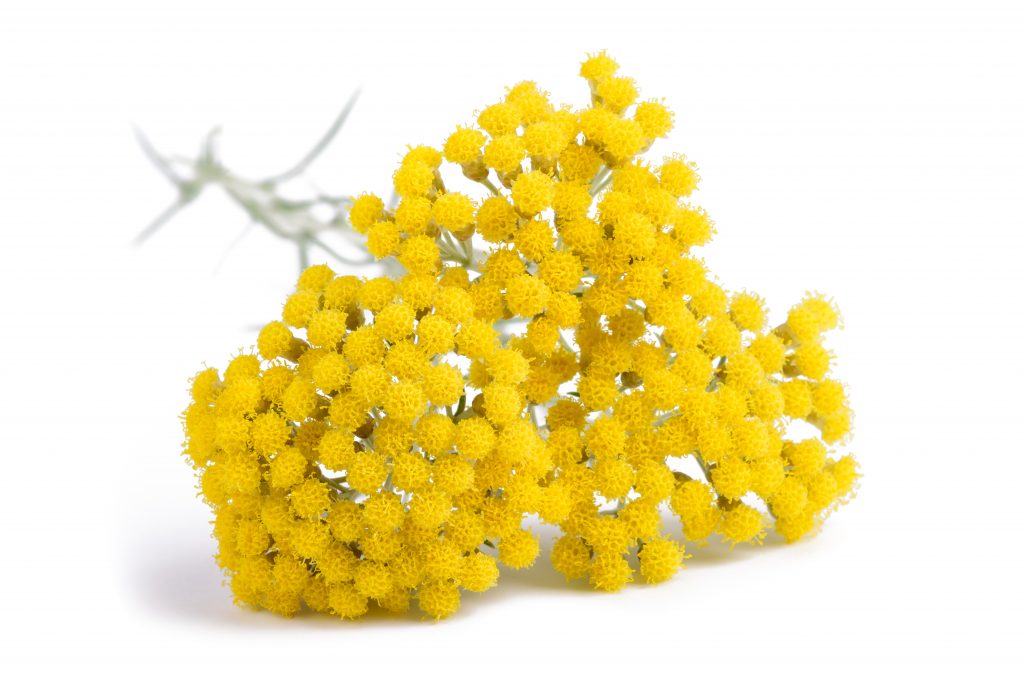 This is actually a daisy native to South America, it contains CBG or cannabigerol. This is a compound found in the early stages of marijuana growth. See, it is very difficult to derive CBG, the compound has its own set of benefits like mood stabilization, and antidepressant.
This is actually a daisy native to South America, it contains CBG or cannabigerol. This is a compound found in the early stages of marijuana growth. See, it is very difficult to derive CBG, the compound has its own set of benefits like mood stabilization, and antidepressant.
In January of 2015, a study revealed the neuroprotective effects of CBG in laboratory mice with Huntington’s disease. It was also found that the compound could slow down colon cancer. In this plant, it is abundant. While scientists have found a way to stagnate growth so that CBG can be derived for marijuana, this plant offers a source with less hassle.
- Labrador
This is native to North America and is one of the most potent anti-microbial in the entire world. A study in 2011 revealed two cannabinoid-like compounds, there were also five synthetic analogues of cannabinoids.
The best way to use this is by making it into an essential oil, the oil can also be bought readymade. You can also drink it in tea or infuse the oil. Natives also used the plant to marinate their meat. They would boil the leaves and branches then soak the meat in there.
Strengthen CBD Action
These plants may be used in the event CBD becomes too scarce or expensive to use. They may also be used as adjunctive to CBD. To help ease mechanism and action of CBD. They will effectively keep the endocannabinoid system on alert. This list is just one more way to improve wellness the natural and organic way. With the many lifestyle diseases human beings are suffering now, knowledge of such plants is welcome and dire.





